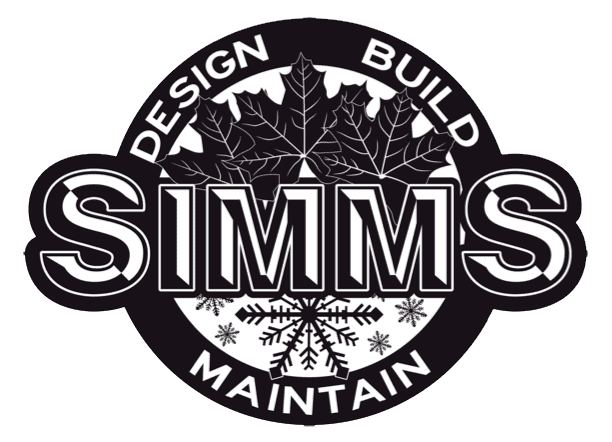Standard rock salt (sodium chloride) and calcium chloride are tough on both plants and hardscapes. They dry out roots, build up salts in the soil, and can burn foliage, especially on young or shallow-rooted plants. On pavers, salts speed up pitting, cracking, and discoloration, particularly during Utah’s freeze–thaw cycles. Over several winters, damage compounds. Safer alternatives exist. Magnesium chloride, potassium chloride, and urea are all less aggressive and cause less harm to both plants and paver surfaces. Even with those, moderation matters: apply only what’s needed and shovel first to minimize chemical use. Sealing your pavers every few years adds a protective layer that reduces staining and surface breakdown. If you use a snow removal service, ask what de-icer they apply. Specify in writing that you want plant- and surface-safe products. It’s cheaper to set expectations up front than to repair scorched shrubs or replace pavers later. Prevention—through good planning, safe products, and regular sealing—will protect both your plants and hardscapes.
Will de-icer harm my plants and pavers?
Related FAQs
-
Will a landscape contractor stand behind their work?
A reputable contractor should always stand behind their work with written warranties. For Utah projects, one year of coverage is…
-
Are these actually the varieties we specified with the contractor?
Verifying plant varieties is important to ensure you’re getting what you paid for. Check the tags attached to each plant…
-
Why is everything dying in the heat?
Utah summers combine high temperatures, low humidity, and alkaline soils—conditions that stress landscapes if watering and plant selection aren’t managed…
